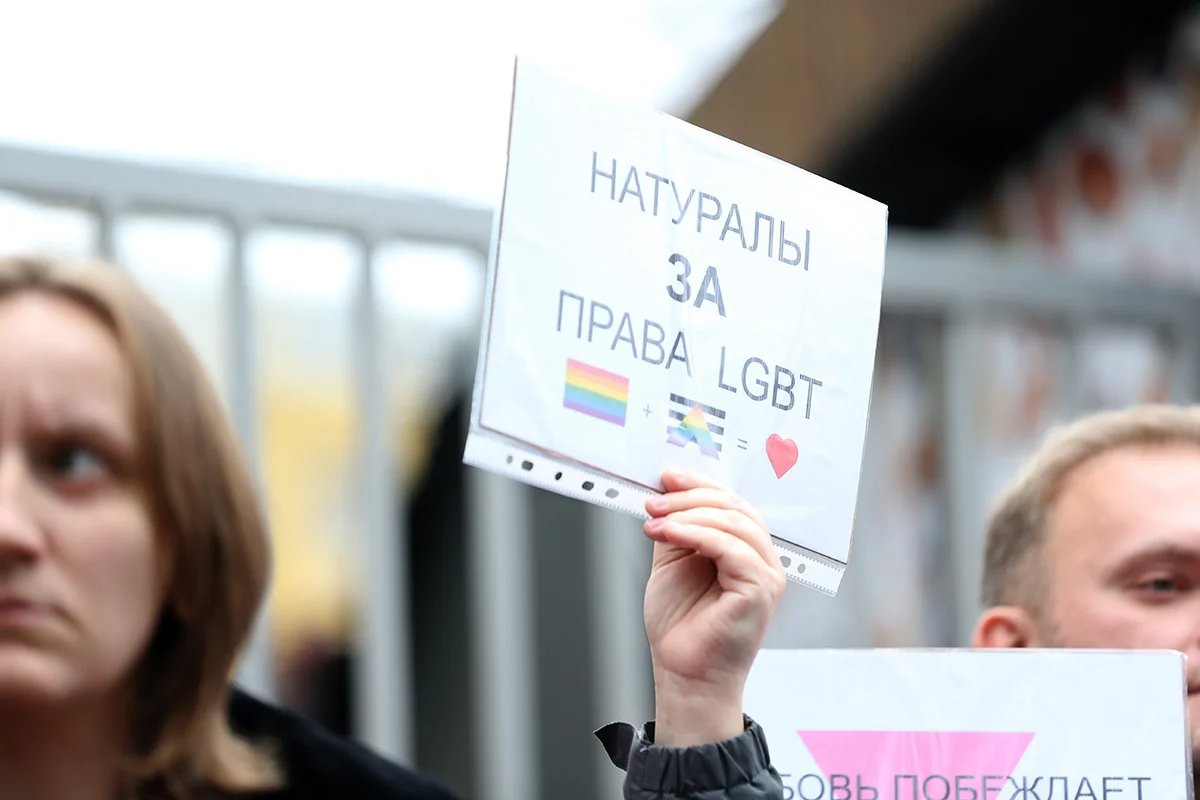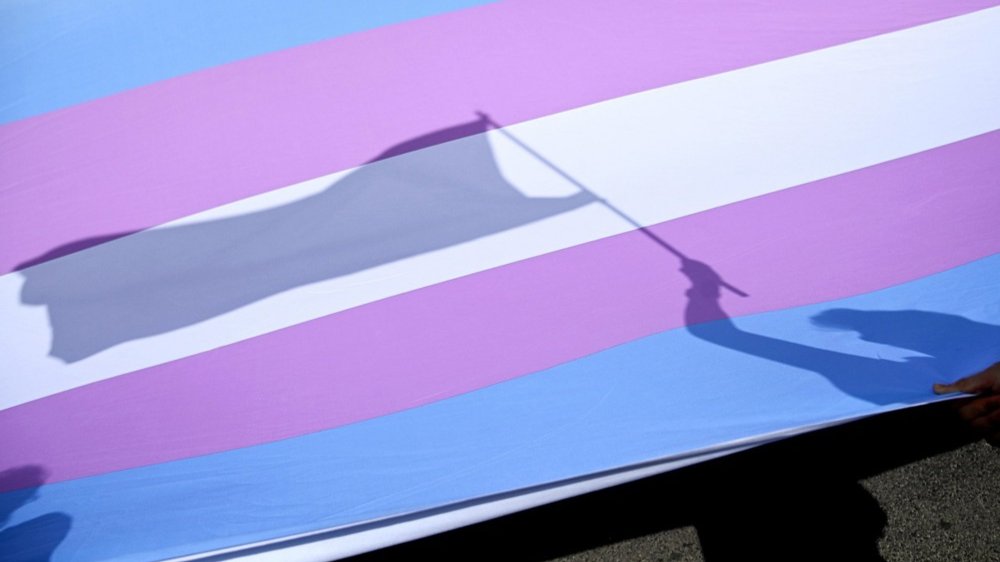LGBTQ+ rights groups Coming Out and Sphere published their annual report on the lives of queer people in Russia on 17 May, coinciding with the International Day against Homophobia, Transphobia and Biphobia. While documenting the increasing levels of violence and oppression LGBTQ+ people face over two years into Russia’s war in Ukraine, the survey also highlighted the growing issue of medical discrimination.
The investigation found that one in five people in Russia identifying as LGBTQ+ has faced discrimination from doctors, varying from denial of treatment to outright aggression. Transgender individuals emerged as the most vulnerable, being refused treatment even more frequently in the past year than in the year before, something experts attribute to a Russian law introduced last year that banned gender reassignment surgery.
‘They flat out refused me’
Trans people in Russia face significant barriers when seeking gender-affirming care. Administrative complications and outright refusal from medical professionals meant 19-year-old Oleg was unable to legally change the gender marker on his passport before the Russian parliament passed a law banning such changes in July.
To apply for an amended passport, Oleg required documents from three different specialists. This included the signature of a sexologist, a specialist present in a limited number of hospitals. To avoid any issues getting the required signatures, Oleg confirmed that the doctors were available multiple times prior to his appointments in a hospital in the western Siberian city of Omsk.
Yet on the day of his scheduled appointments, Oleg was told at reception that the sexologist he had confirmed his appointment with in advance was not at the hospital. Later, during his scheduled appointment with a psychiatrist, Oleg was told the hospital had no sexologist as their specialist had resigned three months earlier.
“The psychiatrist replied that she would not issue a certificate because she did not know how to do so. They flat out refused me.”
“During the appointment she spoke condescendingly, asking me why I needed ‘all this’,” Oleg told Novaya Europe. “She said she didn’t know how this type of appointment worked and left to speak with her colleagues. When she came back she told me that the hospital didn’t have a sexologist so the hospital couldn’t provide me with the documents I needed.”
The psychiatrist did not provide Oleg with an answer when asked why the sexologist was still listed as staff on the hospital website.

Activists protest the Russian Supreme Court deeming the “international LGBT movement” extremist outside the Russian Embassy in Belgrade, Serbia, 13 December 2023. Photo: Andrej Cukic / EPA-EFE
Then Oleg asked the doctor to give him a certificate with an official diagnosis of “transsexualism”, a document needed to receive hormone therapy or undergo gender reassignment surgery prior to its ban in July.
“The psychiatrist replied that she would not issue a certificate because she did not know how to do so. They flat out refused me.”
Oleg arranged for emergency appointments with specialists in Moscow to get the required documents before the Russian parliament’s ban on passport gender revision came into force. Despite submitting these on time, Oleg’s application for new documents was turned down, a decision his lawyers described as illegal.
*
Several years ago Yekaterina legally changed her gender but remained eligible for military conscription as she is a doctor. Last year she decided to get herself declared “temporarily unfit for combat” to avoid being conscripted.
“The military conscription office thought long and hard about what I needed to qualify. They suggested I obtain a gynaecological certificate confirming the absence of female reproductive organs,” Yekaterina said, explaining that it could be considered a hormonal problem.
“I went to the gynaecologist, but they refused to issue me with a certificate. The gynaecologist was a man and he refused to examine me. I spoke to management but they also turned me down.”
High-cost care
There are two main problems for trans people in Russia when seeking medical care: the first is the refusal of professionals to provide gender-affirming care and the second is a general rejection of trans identities.
This has only become worse since the ban on gender reassignment surgery came into effect. Doctors in Russia are now less likely to provide care to trans people for fear of committing an offence within the broad scope of the bill’s vague wording. This means some individuals are denied gender-affirming therapy despite having legally changed their gender.
“The practice is completely contradictory,” a lawyer representing Coming Out told Novaya Europe.
“Some doctors will simply make a diagnosis and then treat patients. Others will only provide care after receiving approval from the Health Ministry. It’s a matter of legal interpretation. The difficulty is in doctors being forced to shoulder responsibility, which makes them afraid of breaking the law and losing their medical licence or job.”
Some trans people have told Coming Out that they were refused appointments in clinics using their regular medical insurance, despite being legally entitled to an examination with a specialist if they have officially changed their gender.
While such transphobic refusals are technically illegal, punishing such discrimination is difficult as the gender reassignment law is so vague, Coming Out’s lawyer told Novaya Europe.
Attaining justice is further complicated by Russia’s ban on “the international LGBT movement” introduced in November. Anyone filing a legal complaint exposes their transgender identity and thus becomes vulnerable to accusations of “extremism”, a charge that comes with a maximum 10-year prison sentence. Often the only option for transgender people in Russia is to go to a private clinic, where they can choose their own doctors.
“Being a trans person in Russia is very expensive,” the lawyer stressed. “If you are trans you cannot always get state medical care, due either to transphobia, or to the systemic barriers that individuals simply cannot overcome.”

